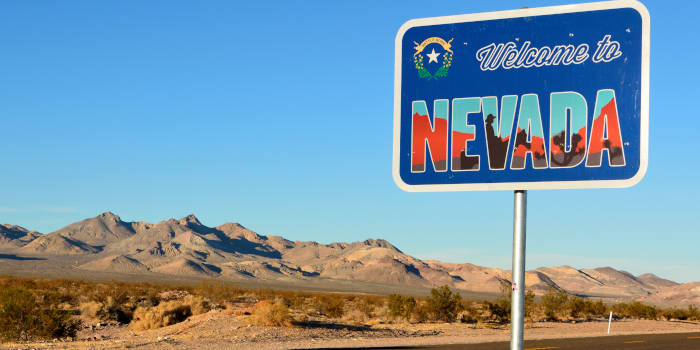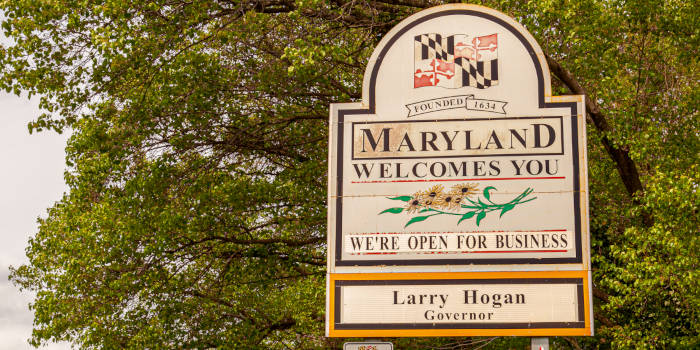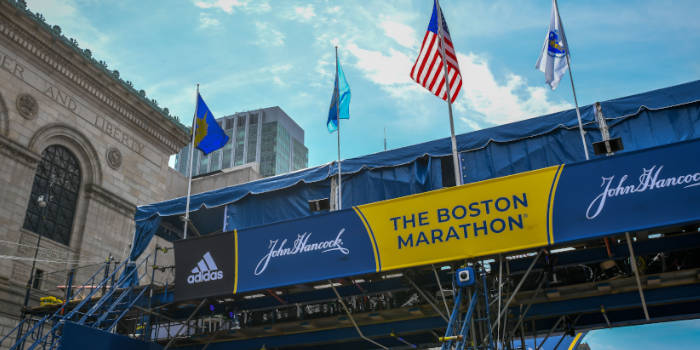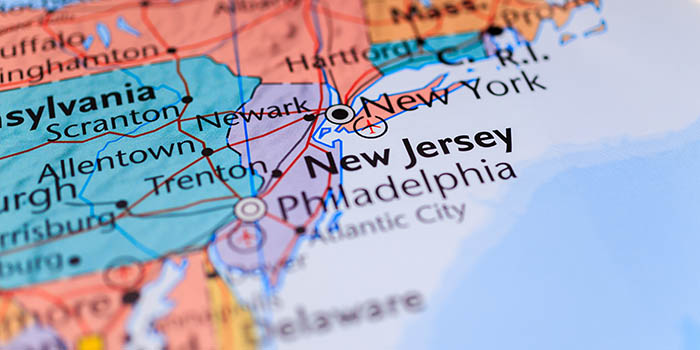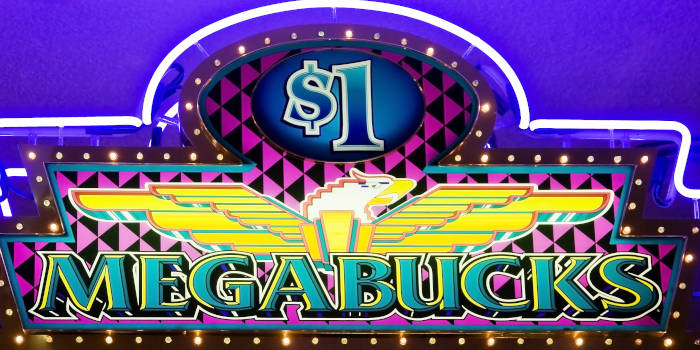New Mexico Gambling Expansion Bill Stalled

New Mexico’s House Bill 101 to legalize sports and casino wagering at state racetracks has been stalled and seems unlikely to ever pass.
Conflicting Opinions on the Bill
Legislation to authorize sports betting and casino games at New Mexico horse racing tracks seem likely to fail, following a meeting of the House Education Committee on February 8. House Bill 101 was already doomed when a fiscal impact report by the Attorney General’s office and the Gaming Commission issued Sunday stated that the bill would violate Tribal-State Gaming Compacts.
Representative Ray Lara, D-Chamberino, requested the proposed gambling expansion be discussed again in committee and succeeded as it did not require to be voted on. The bill would boost the Lottery Scholarship Fund, its supporters say, but various committee members, including Patricia Roybal Caballero, D-Albuquerque, and Derrick Lente, D-Sandia Pueblo, claim that the legislation is not about helping students, but a ruse to bring gambling corporations from other states to increase their operations in New Mexico.
Both Democrats said they resented having to vote against college students, an allegation strongly contested by Lara and bill supporters Phelps Anderson, R-Roswell, and Randall Pettigrew, R-Lovington.
Lara said he did not appreciate the remarks made about him and his “integrity”. “The point of this was, I wanted to help more kids in my district, and throughout the state, be able to go to college,” he added.
Violation of Tribal Gaming Compacts
Passing the bill would allow the local Lottery to deliver licenses to private gambling businesses to offer sportsbooks and casino games, such as poker, at racinos. The current law limits gambling at horse racing tracks to electronic gaming. Supporters of the bill claim that it could generate about $40 million per year for the state and would allow New Mexico to issue full scholarships while saving money for the state fund.
According to Fred Heinrich, general counsel for the Sunland Park Racetrack and Casino, said that there is no restriction as to the types of games the lottery can offer, despite the tribal gambling compacts prohibiting racetracks from offering sports wagering and table games.
In 2019, New Mexico received over $75 million in gaming revenue from the tribes, a source of income that would be lost if the bill passes, the board declared. John Antonion, Pueblo of Laguna Governor, said that this would be a “terrible deal for both sides.”
“When the tribes entered into negotiations with the state, we made a promise to one another. The state agreed to allow Indian tribes the exclusive right to offer Class B gaming opportunities, and in exchange, the tribes agreed to share with the state.”
John Antonio, Governor of Pueblo of Laguna
Although colleges and students disagree with tribal officials, both parties agree on the importance of increasing the scholarship fund. It is now a matter of finding how to do it with minimal damage for any side.
Mathilde has been writing for over 5 years, with 2 of those years as a specialist in the iGaming industry covering headlines across the world. With her honed research and reporting expertise, Mathilde has solidified her position as a regular author for GamblingNews. Outside of work, she enjoys studying sculpture which is one of her other strong passions.





